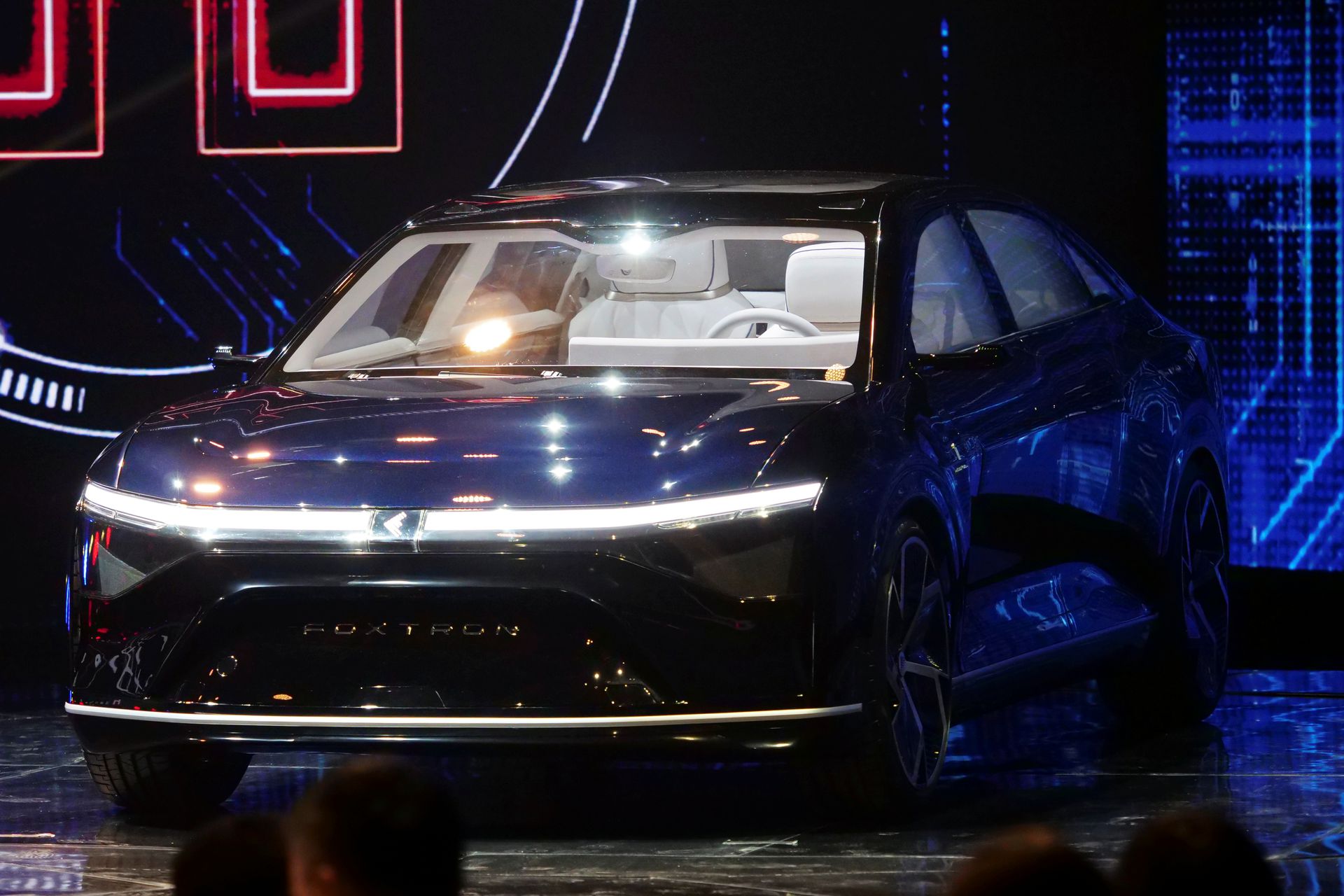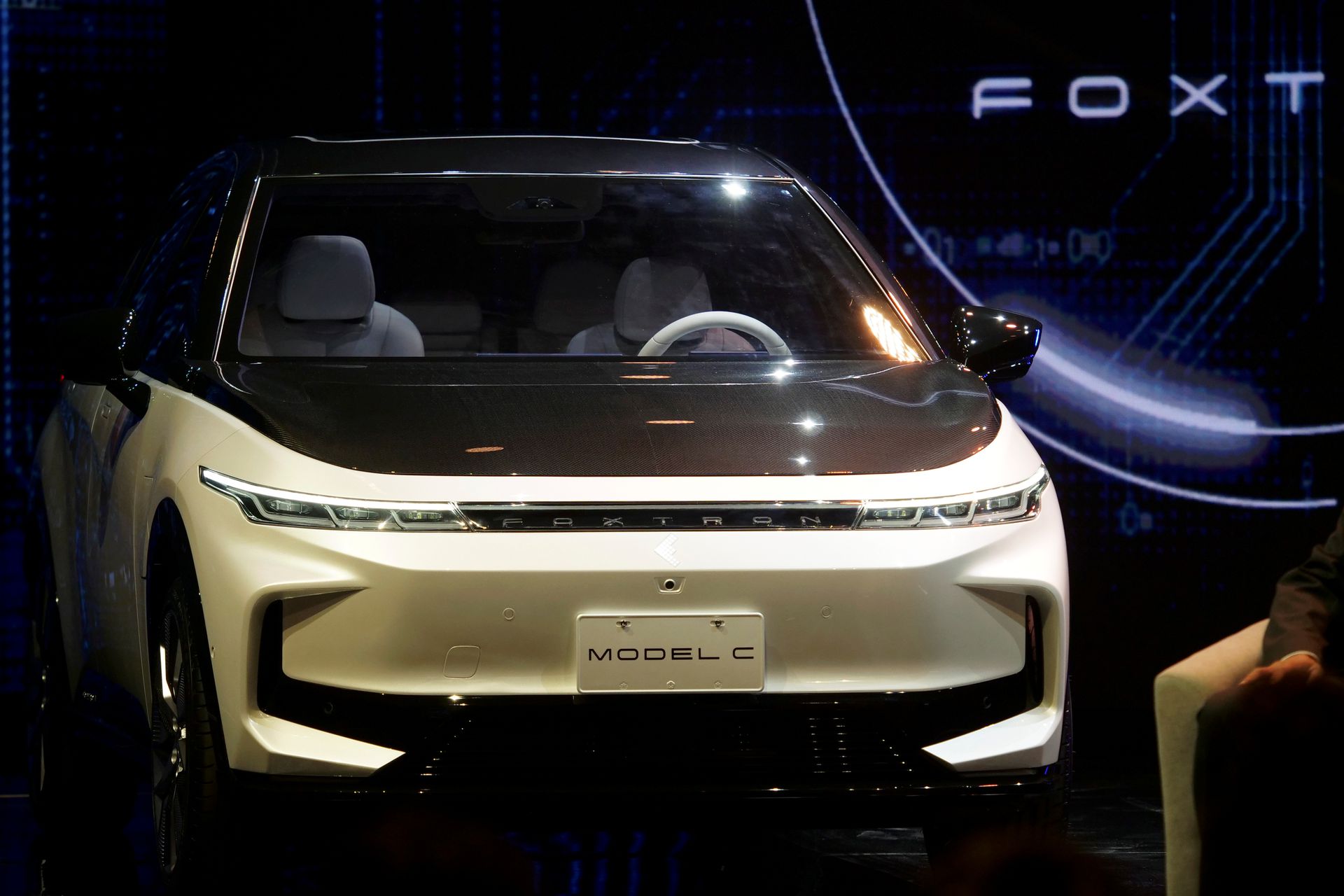If you’re an avid follower of tech, it is quite likely that you’ll recognise Foxconn as one of Apple’s major electronics contract manufacturers that are responsible for mass producing the brand’s iPhone models. With aims to diversify away from the role it is most often associated with, the Taiwan-based company had recently officialised its entry to the EV market by unveiling to the world three of its first ever electric vehicle prototypes.
The vehicles – consisting of a sedan, an SUV, and a bus – are produced by Foxtron, a new brand created through a partnership between Foxconn and Taiwanese car maker Yulon Motor. Prior to this, the manufacturer had originally revealed its interest in entering the EV market back in 2019. Committed to this new venture, Foxconn aims to become a major player in the global EV scene in the near future.
While just prototypes for now, the company has revealed future plans for all three of its electric vehicles. Foxconn says that the sedan, dubbed as the Model C, will be sold by an unspecified carmaker outside of Taiwan in the coming years. It is also worth noting that the car had been jointly developed with Italian design firm Pininfarina, which is known for its contributions to established automotive brands including Ferrari, Alfa Romeo, Lancia, and many others.

The SUV, on the other hand, will be sold under one of Yulon Motor’s brands which will hit the market in the country by 2023. Lastly, the bus will carry Foxtron’s branding and is slated to start running in several cities in southern Taiwan next year, under a partnership with a local transportation service provider.
Foxconn’s entry into the EV scene will likely place it under the sights of industry watchers. Considering the company’s close relations with Apple, it is unsurprising that most are hoping to uncover clues that might tie in Foxconn to the alleged electric car that the tech giant is rumoured to be developing. On that note, sources previously told Reuters that Apple aims to launch its very own EV by 2024, while analyst Ming-Chi Kuo says that this would likely happen between 2025 – 2027.
(Source: Reuters)
Follow us on Instagram, Facebook, Twitter or Telegram for more updates and breaking news.



